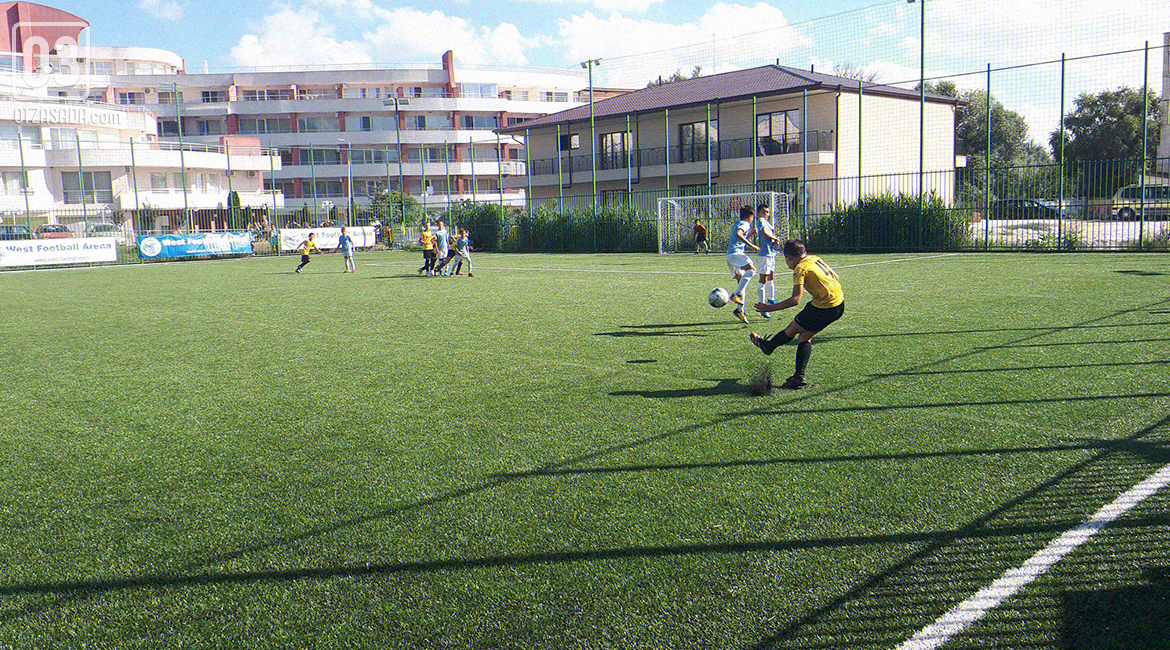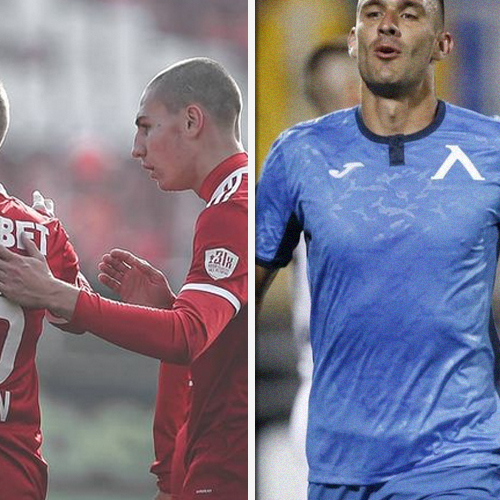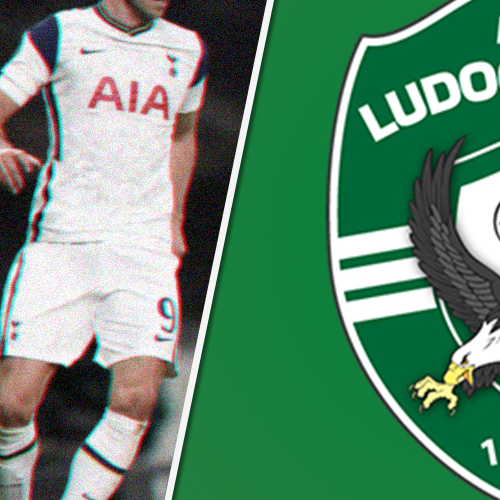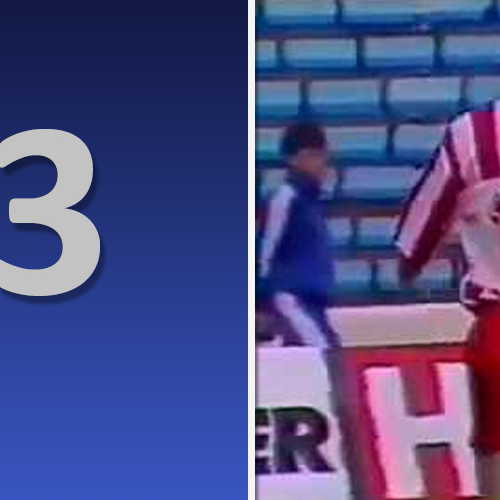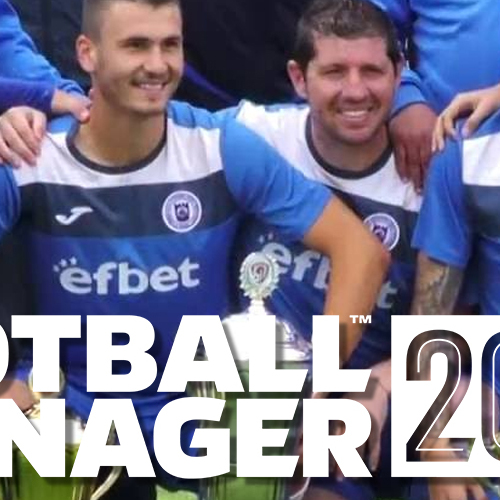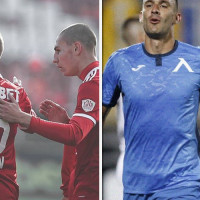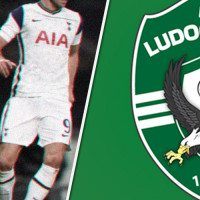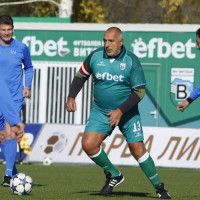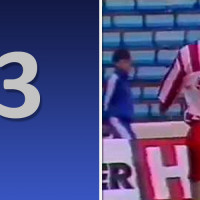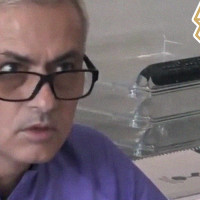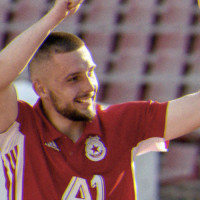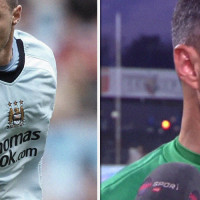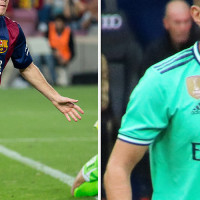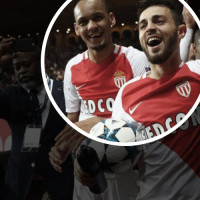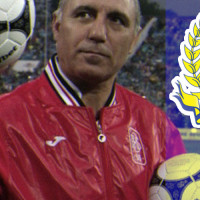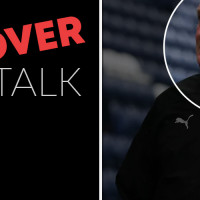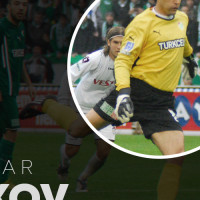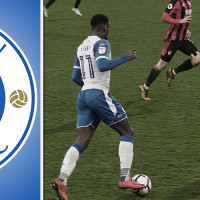Between 3rd and 6th August, a tournament was held in Kranevo. In AquaLife Kranevo Champions Cup featured 8 youth setups from the eastern parts of Bulgaria but 9 teams actually playing (Dunav Ruse participated with 2 different squads) in 2 groups of 4 and 5 teams in each one respectively. All the clubs which took part consisted of children under the age of 10. It was quite intriguing to notice some patterns which were repeated in most of the matches and it got me thinking- what are the habits of most youngsters who are training hard to become successful footballers. In this article, based on this tournament, we will take a look at how children perceive football nowadays as well as some of the most common tendencies in the youngest age groups.
Playing out from the back
From the famous Catenaccio to Cruyff’s Total football, football tactics have been varying a lot throughout the years. In the current ‘modern football’ playing out from the back is an absolute must if a team is to successfully move the ball forward. Youngsters and their coaches were quick to acknowledge this trend and they use it almost always to start their attacks. The ball is usually distributed to the fullbacks and, when the opposition is pressing high up the pitch, the goalkeeper is actively involved in the build-up. The defensive line is deeper than usual when the keeper passes it short which could lead to problems as the midfielders of the team in possession mostly stay in their standard positions meaning there is a significant gap to be exploited.
Attacks through flanks/Off the ball movement from central players
It seemed that the wingers and fullbacks had a lot of work to do because a big part of the teams which participated in the tournament exploited the wider areas as their major weapon. After entering the final third of the pitch, the children had the alternatives to either cut inside or to put the ball in the mixer. Most of the kids in these roles were short yet agile, rapid and with good vision. The players in the central areas were obliged to open up spaces for their teammates as well as to move into channels to free themselves for upcoming crosses.
Low crosses/Less headers
Even though heading the ball isn’t banned in the Bulgarian youth setups like in the United Kingdom is, children here are reluctant to head footballs when having opportunities to do so. When a high ball occurs, most players wait for it to bounce off the ground and then operate with it. This inevitably leads to low and sharp crosses when attacking through the flanks instead of lofted ones. When it comes to corners, they hardly possess any threat as the takers either pass it short or put too much power on the cross meaning the ball goes out of play on the other side of the pitch. However, it is worth mentioning that if a keeper saves a shot, he will usually tend to search the forwards with long balls because the defensive line of the opposition is quite often disorganised.
Diving
As much as we hate footballers purposely diving, we need to understand that this has become part of the game and is becoming more and more common not only in professional but amongst youth football too. Children are influenced by their football idols and try to copy them off and on the pitch replicating even such unsportsmanlike behaviour. We can’t do anything but to be hopeful that kids who are inclined towards diving will realise their mistake as growing up.
Sliding tackles
One thing which was very surprising was the amount of sliding tackles made every game. No matter being quite new to the game, children aren’t even slightly afraid to get stuck in for the sole reason of regaining possession. Standing tackles and rough challenges were also part of almost every match with a big part of them ending in succession. However, watching so many clean slide tackles made by 10 years olds was an absolute joy to behold at times because it showcased eagerness and desire to win at any cost. Nevertheless, children should be careful when trying to stop an opposition player like that because injuries are sometimes unavoidable.
First instinct passes/Lack of composure
In football, the experience you gain throughout the years spent participating in matches and competitions is invaluable. It helps one gain a lot of experience and with that comes arguably of the most significant attributes of a footballer- being composed. Staying calm for a full 90- minute game (or in this case a 40-minute one) is vital as it improves decision making and reduces the unforced errors of an individual such as misplaced passes, bad crosses, shots off target, etc. The majority of children participating have hardly ever played any important games which means they lack game experience. As a result, most of them made mistakes due to their inability to stay calm such as passing the ball too quickly or taking shots without looking for teammates in better positions to score. The ones who spent a second or two assessing their options while having the ball were nearly faultless.
Structured formations
In this tournament, each team played with 6 outfield footballers and 1 keeper and it was fascinating to see that the youth setups which got to the further stages were following strict instructions and were having well-structured formation. The better teams have been sticking to specific patterns when attacking and defending with the overcommitting children being reminded not to leave their initial positions. While these tactical approaches weren’t very complicated due to the age group, they were more than enough to do the trick against coaches who gave all the freedom to their players to express themselves.
It is crucial for a child to start training football at an early age but one or two bad performances when 10 years old aren’t decisive for one’s future as a footballer. It will be interesting to see whether the winners of this tournament, Dunav Ruse, would continue to strive for success and develop into decent football players in the near future.
